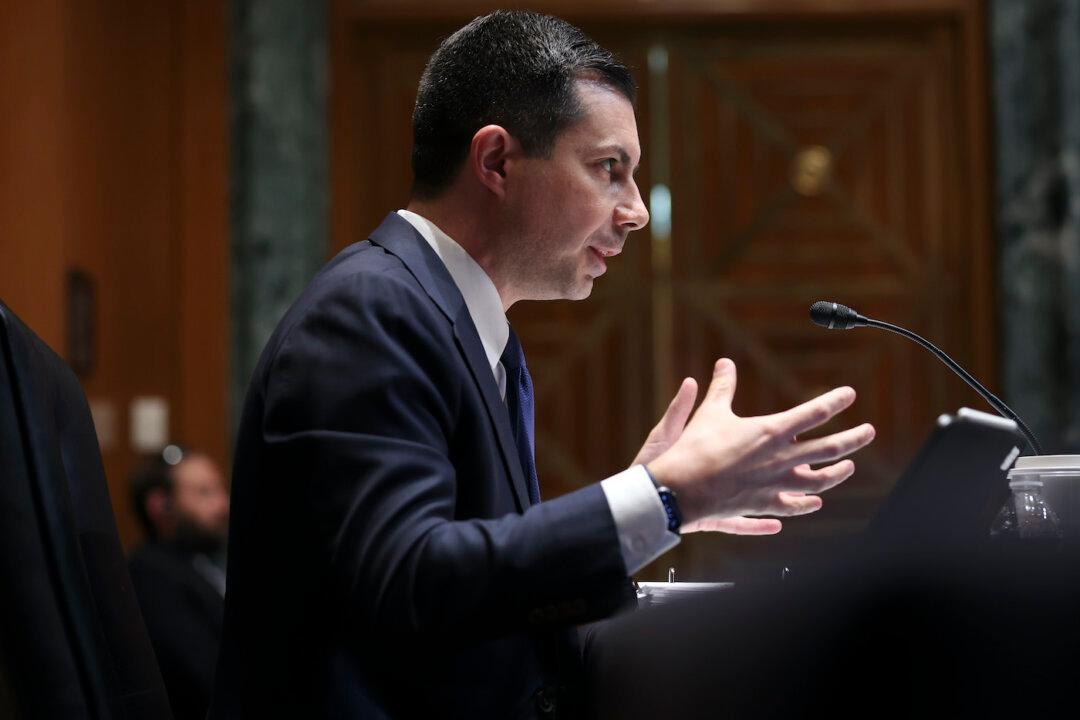The Biden administration has released its United States National Blueprint for Transportation Decarbonization outlining a plan to eliminate emissions and achieve net-zero carbon status within the next 30 years.
The blueprint, which was developed by the Departments of Energy, Transportation (DOT), Housing and Urban Development (HUD), and the Environmental Protection Agency (EPA), was called a “landmark strategy” by the DOT.





